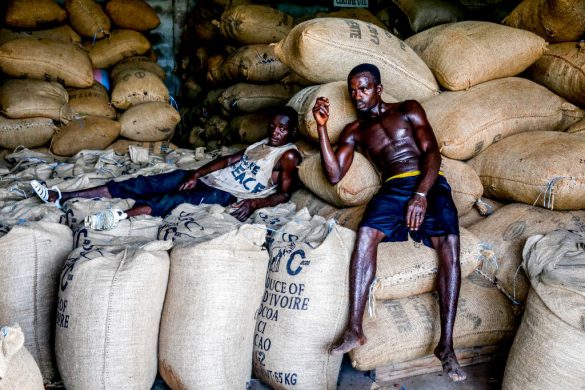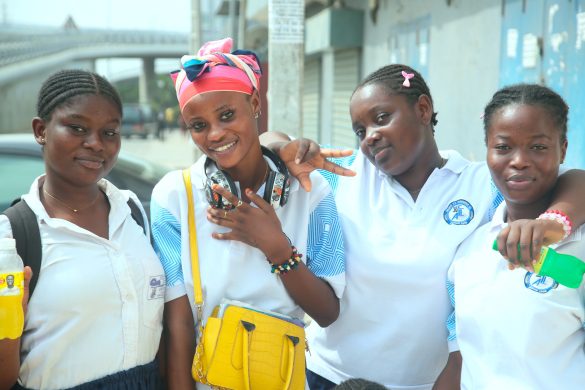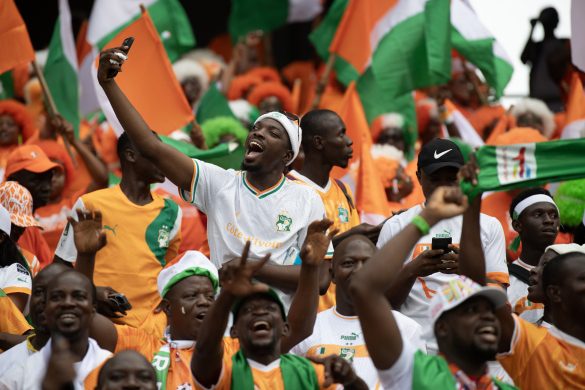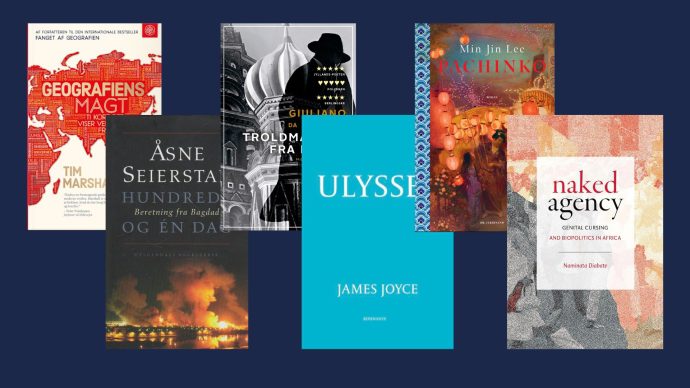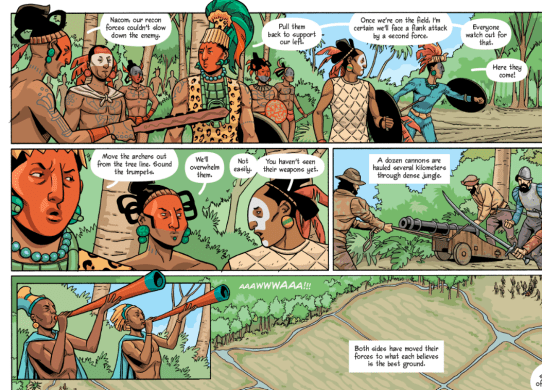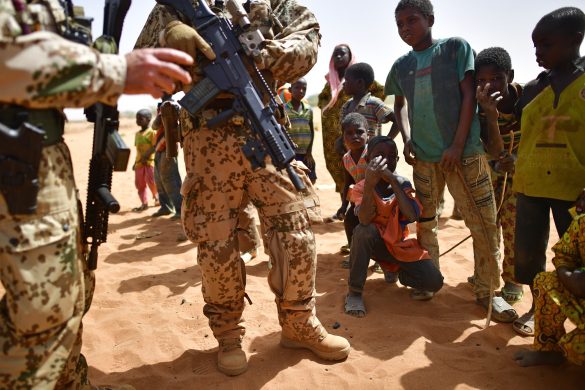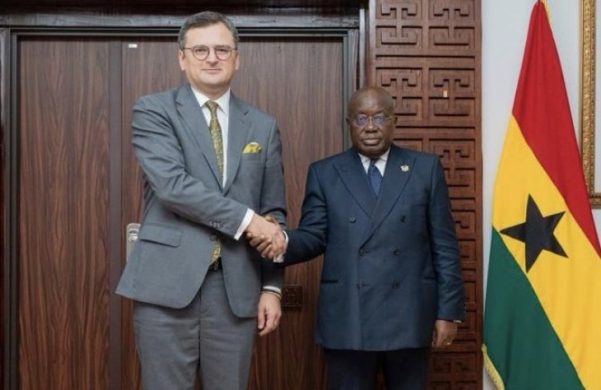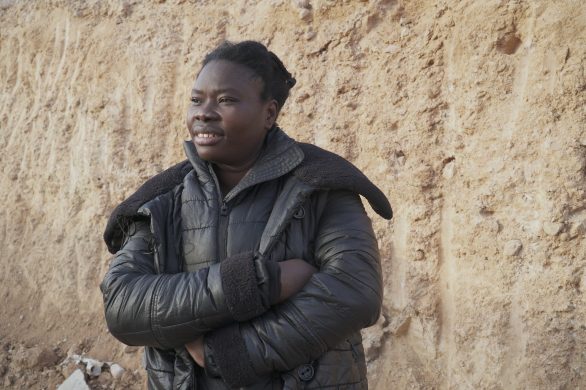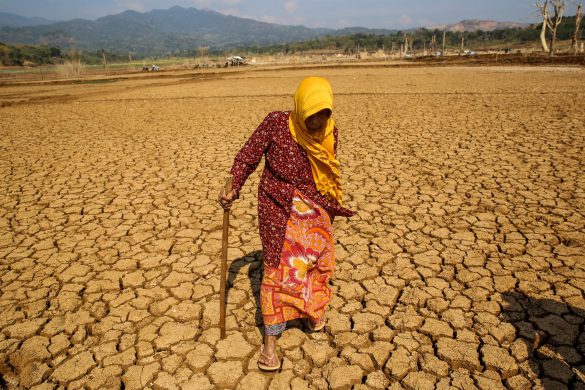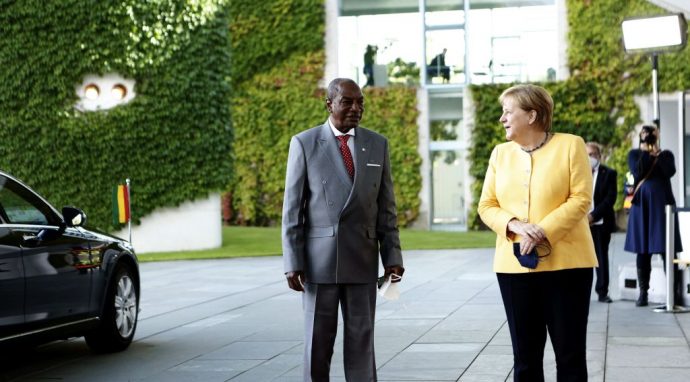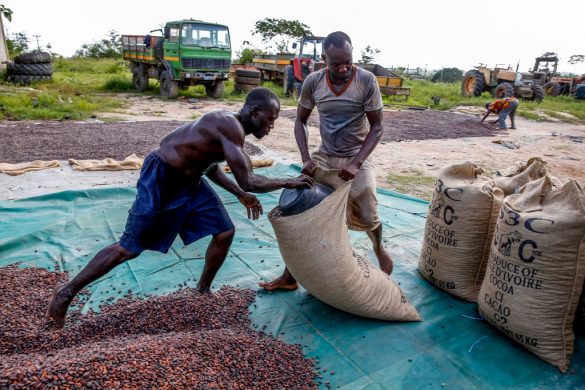Dele af Elfenbenskystens økonomiske hovedby, Abidjan, føles stadig som en spøgelsesby i kølvandet på den tidligere præsident Laurent Gbagbos tilfangetagelse, men antydninger af normalitet begynder så småt at vende tilbage skriver IRIN. FLASHPOINTS REMAIN ABIDJAN, 14 April 2011 (IRIN). Kouamassi, south of the lagoon, and Yopougon, one of the most densely populated parts of the city, with strong pockets of support for Gbagbo, have remained tense. Residents in these areas have talked of man hunts and executions, of incoming troops targeting Gbagbo supporters, with the young particularly vulnerable. They paint a damning picture of the operations and general behaviour of the Forces Républicaines de Côte d’Ivoire (FRCI), troops loyal to President Alassane Ouattara. In a press conference on 12 April, Ouattara highlighted the need to restore order. Both the UN and France are helping police in Abidjan. In the quieter parts of the city, there are hesitant moves to establish some kind of normality, with taxis out on the streets for the first time in a fortnight. But many residents are still watching and waiting. “For the moment, your safety can’t be guaranteed if you step outside your door,” Sébastien, a dress-maker in the Adjamé District of town, told IRIN. “You just want to get to the shops or to a chemist.” […] SECURITY VACUUM Since the offensive launched by troops fighting for President Alassane Ouattara, police headquarters across Abidjan have been closed, some of them destroyed, creating a security vacuum in the city. “When you are in danger, you don’t know who you are meant to call,” said Alphonsine, a trader in the southern district of Marcory. Both the UN and the French military have emergency hotlines for ordinary citizens, but “the lines are always busy,” Alphonsine complained. While shops have been opening in some districts, accessing food can still be hazardous. “I stayed locked up in the house for 10 days without supplies. I am hungry and I want to look for food, even if I have to risk my life,” said civil servant Djénéba Cissé. […] UN COMMISSION The UN Human Rights Council has appointed a Commision of Inquiry to investigate abuses committed in Côte d’Ivoire since the beginning of the crisis. The commission will be headed by Vitit Muntabhorn from Thailand, backed by Suliman Baldo from Sudan and Reine Alapini Gansou from Benin. “As we speak, the military balance of power is still not clear,” says a senior analyst, who predicted that last year’s elections would strengthen rather than soften divisions. He said the Forces Nouvelles’ original commanders were now taking on a high profile again and warned that their long record of autonomy, administering large chunks of territory outside Abidjan, could make them difficult to control now, particularly if they expected major rewards for their help in bringing Gbagbo down. Daniel Balint-Kurti of international pressure group Global Witness, who wrote extensively on the original insurgency in Côte d’Ivoire in 2002 and the composition and operations of the Forces Nouvelles, said: “The problem is that there has been so much killing in this crisis that the atmosphere is poisonous and there is going to be a lot of hatred and desire for revenge.”
Elfenbenskysten: Fortsatte spændinger, sikkerhedsvakuum og regnskabets time


